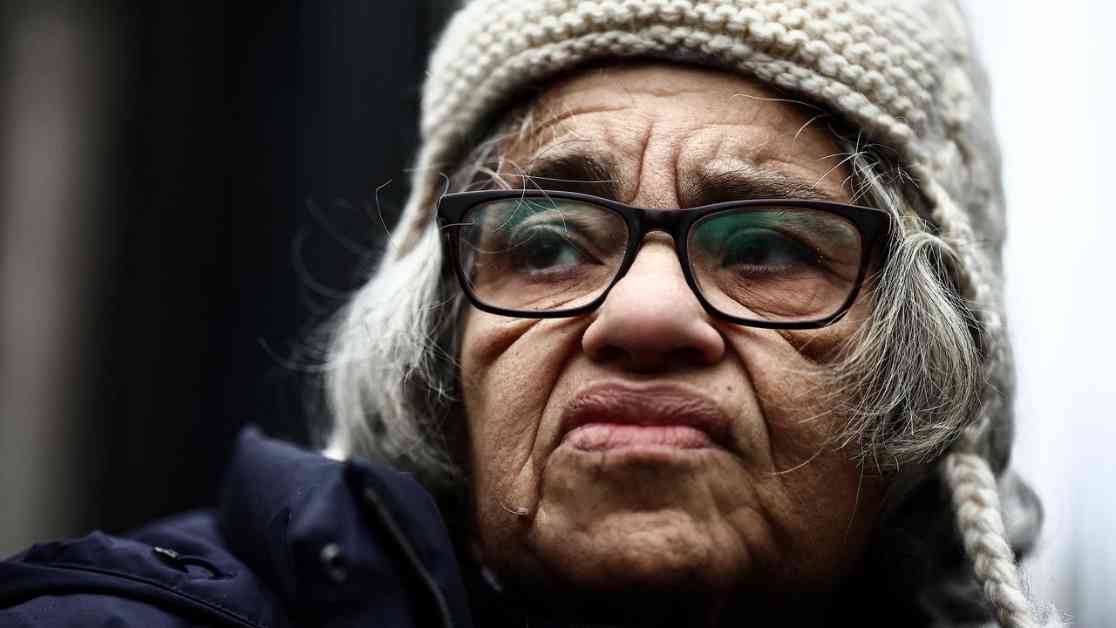Alaa Abd el-Fattah, an Egyptian blogger and activist, woke up in a police station in Cairo on August 22, 2019, shortly before 10 A.M. He decided to share a Facebook post with his hundred and sixty-seven thousand followers. El-Fattah, who was thirty-seven at the time, had risen to national prominence in Egypt during the 2011 revolution. He was part of a generation that believed in the transformative power of open-source programming and a free internet in the Middle East. The post he shared detailed the death of Hossam Hamed, a prisoner at the Tora Maximum Security 2 Prison, just nine days earlier. El-Fattah added six words to the post—”Second murder in the discipline cells”—before sending it out to his followers.
Not long before this incident, el-Fattah had been released on parole from the same facility. The prison housed hundreds of opponents of President Abdel Fattah el-Sisi, who had assumed power in Egypt following a military coup twelve years prior. El-Fattah had served a five-year sentence for his involvement in organizing a protest outside the Egyptian Parliament in 2013. As part of his probation, he had to present himself at his local police station in the district of Dokki every evening at six o’clock and sleep in a wooden cubicle in the courtyard. He humorously referred to this cubicle as the Kiosk of Solitude in an article he wrote in August. El-Fattah expressed disillusionment with the Egyptian revolution and his own contributions to it, often describing himself as a ghost whose dreams had not materialized. “I don’t want to know what’s happening around me,” he wrote. “I’ve completely lost my curiosity about the workings of the Egyptian state, especially the organs that rule our bodies.”
Just over a month after sharing the Facebook post about Hamed, el-Fattah was arrested by plainclothes officers and taken back to Tora prison, where he was subjected to stripping and beating. Around the same time, several Egyptian cities experienced street protests against government corruption, leading to the detention of approximately five hundred activists. El-Fattah’s family initially believed he had been caught up in a routine sweep of opposition voices. However, he has remained incarcerated since then. In 2021, he was officially sentenced to five years for “spreading false news” in the six-word addition to the Facebook post. El-Fattah’s case has become a focal point for British diplomacy in Egypt, with the UK failing to exert meaningful pressure on the Egyptian authorities despite being a major investor in the country. El-Fattah’s mother, Laila Soueif, has taken on an increasingly prominent role in advocating for her son’s release, even resorting to hunger strikes in a desperate attempt to bring attention to his plight.












